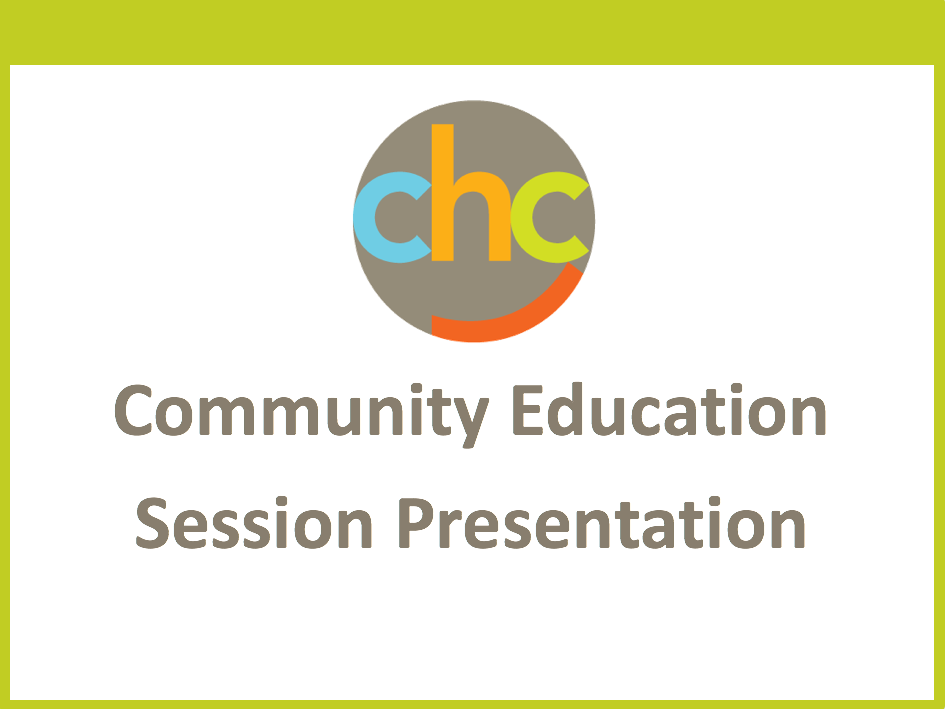 by Julie Abbott Olsen, MA, CCC-SLP, Speech and Language Pathologist, CHC
by Julie Abbott Olsen, MA, CCC-SLP, Speech and Language Pathologist, CHC
Reading and writing are closely related skills, and they often go hand-in-hand— that is, they support each other in language development. However, they are also distinct skills with some differences. If your child seems to be struggling, identifying the specific difficulties that your child is experiencing will guide you to the type of support your child needs.
Recently, a concerned parent asked CHC for input about their child’s writing skills:
“My 7-year-old son strongly enjoys reading, surpassing his grade level. However, his writing skills lag. I’m actively seeking solutions, and if you could offer any insights for our family, we would greatly appreciate it!”
CHC Speech and Language Pathologist Julie Abbott Olsen responds.
Literacy development is a process
Language comprehension develops before language expression, and reading skills come before written expression. Writing is a highly complex skill that requires development in areas such as language expression, fine motor skills, working memory, planning, organization, and self-monitoring. The last four of these fall under the umbrella of executive functioning, which is the brain system that cues all of the other systems.
Understanding your child’s challenges
It is impossible to know what areas need strengthening in your son’s case without further assessment. However, here are some questions that I would ask myself as an Speech & Language Pathologist (SLP) looking to help him.
How is his language expression? In particular, how is his oral narrative retell? Is he able to organize sentences, sequence a story, remember important parts of a story? If this is an area of weakness, he may need to work on sentence formation, sequencing, and/or story retell.
How are his fine motor skills? Talk with an Occupational Therapist (OT) to determine whether his fine motor skills are at grade level.
How is his verbal working memory? While his fine motor skills are developing, does he have the verbal working memory needed to hold the sentence he wants to write in his brain while writing it out? He may need verbal working memory strategies while also strengthening his verbal working memory.
How is his spelling? If spelling is a weakness, it can further tax those verbal working memory skills mentioned above. As he’s trying to figure out the spelling of a word, he may be forgetting the rest of his sentence and getting frustrated.
How are the rest of his executive function skills? At age 7, he is probably not being asked to write long paragraphs requiring significant organization and planning, but there is still a need for these Executive Functioning (EF) skills in sentence formation and retell.
How parents can help
Strengthen one area while removing the load of another. For example, if the issue lies in fine motor skills, you and/or the teacher can scribe for your son and have him copy the sentence down. This way he can strengthen his motor skills while still completing the language expression and planning/organization aspect of writing.
Teach working memory strategies. Teach him to repeat the sentence he wants to write in his head while he is writing. You can also teach him to chunk parts of the sentence. (For example: “The little red hen asked for help from all her friends but none of them helped!” “The little red hen/ asked for help/ from all her friends/ but none of them helped.”)
Provide a word bank. A word bank can support spelling and reduce the working memory load.
Use visuals and graphic organizers. Visual and graphic organizers can help support sequencing, planning, and organization.
Professional support
Remember that every child learns at their own pace, and progress may take time. Consistent support, collaboration with teachers, and a positive and patient approach can contribute to your child’s academic growth.
You know your child best. If they are struggling, don’t hesitate to seek guidance from professionals who can provide targeted support. Call, email or book a phone call with our CHC Care Team.
 Julie Abbott Olsen, MA, CCC-SLP is a Speech and Language Pathologist with CHC. After receiving her Bachelor’s degree in Linguistics from UC San Diego, Julie spent a year coordinating and teaching after school reading programs for a Speech & Language clinic. Julie is passionate about strength-based education and strengthening children’s communication development so that they can better advocate for themselves and their needs.
Julie Abbott Olsen, MA, CCC-SLP is a Speech and Language Pathologist with CHC. After receiving her Bachelor’s degree in Linguistics from UC San Diego, Julie spent a year coordinating and teaching after school reading programs for a Speech & Language clinic. Julie is passionate about strength-based education and strengthening children’s communication development so that they can better advocate for themselves and their needs.








